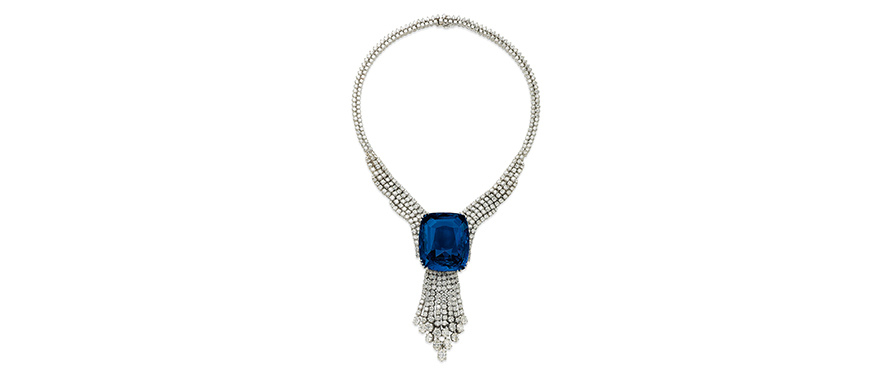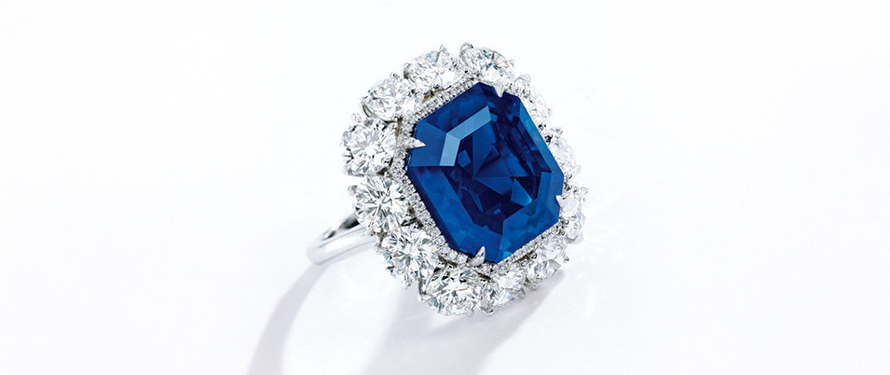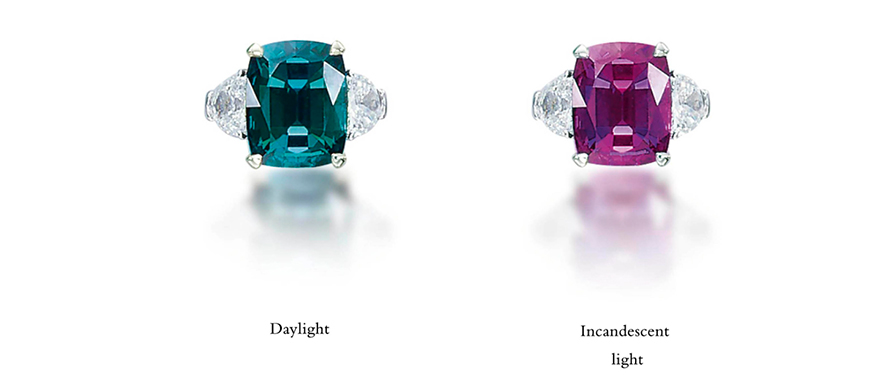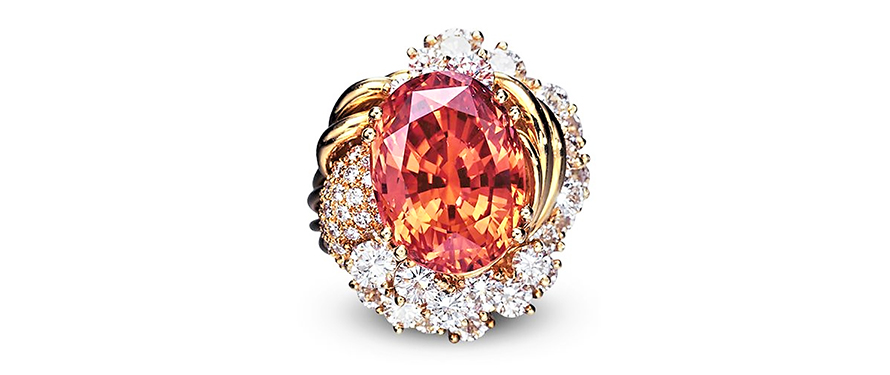Investing in Gemstones: How to Maximize Your Return
It is a common pursuit to try and make money earned, to work harder and yield handsome returns; be it by way of asset creation – immovable property, land, or buying gold or by investing in attractive stock options and mutual funds. There is an old adage that goes – “Christians put their trust in words, Jews in precious stones, and pagans in herbs” and there is no doubting who the frontrunner in creating wealth is!
Gemstones have been a preferred way of squeezing a large pile of cash into the most compact asset that can be carried in a pocket—a veritable asset whose value has only increased going of the historical data. Historical values of colored gemstones suggest an exponential increase in value.
While diamonds have been marketed well and have become a well-known investment proposition, colored gemstones are relatively lesser-known, but pack more punch than the sparkly diamonds, their gravity-defying per carat sale values overshooting diamonds by several notches.
Examples,
1) A sapphire known as The Blue Belle Of Asia of 392.52 carats sold for USD: $17.3 million at Sotheby’s Geneva in 2015 and set a new world record price for an unheated Ceylon sapphire USD: $44,090 per carat.

2) A 17.16-Carat Kashmir Sapphire and Diamond Ring sold for $4.06 Million Dollars, an equivalent to $236,404 per carat.

3) This exceptional one of a kind 11.66 Alexandrite in this ring is described by experts as plum red at night and teal green during daylight. This ring was sold at Christie’s Geneva magnificent jewels sale in 2011 for USD: $421,501 [$36,150 Per Carat)

Alexandrite itself is an extremely rare color-changing variety of It’s finest dual colors that are vivid grass green in daylight and an intense raspberry red in incandescent light. That combination promoted the romantic description, Emerald by day, ruby by night. Originally discovered in Russia’s Ural Mountains in the 1830s by miners. Since red and green were the colors of the Imperial Russian flag, the stone was named “Alexandrite” after the empire’s Czar Alexander II. Now found in Sri Lanka, East Africa, and Brazil, but fine material is exceptionally rare and valuable. This gem’s color transformation is so striking that the phenomenon itself is often called “The Alexandrite Effect.”
4) The below stone is a fine example of a sapphire. Weighing 20.84 Ct, it sold at Christie’s auction in 2005 for US$374400. $18,000 Per Carat). As of today, this carat price has increased up to $50,000 per for fine quality.

The rarest and most expensive sapphire is the pink-orange from Sri Lanka. In fact, it's the rarest and most prized form of sapphire. It is also one of the most expensive gems in the world.
A gemstone that is at least above 2 carats of weight is a contender the investment category and must command a market value of over $3000. It has to have the rarity factor soundly addressed in order to be able to guarantee handsome returns over a period of time. Precious gemstones are a very attractive investment option if one is a connoisseur or are an aesthete with a taste for finer things. It appears to be the best when tremors in any of the areas – the fluctuating value of the US dollar, Real estate,
Precious metals, Bonds and mutual funds – gives you the jitters. Gemstones are a product of nature that takes hundreds of millions of years to form – it is not a created-on-demand a rare, precious, durable and incredibly beautiful one that promises wealth, fortune ownership and a notional gain as well (usually an outcome of owning jewels, expensive art, etc.)
One has to be an extremely aware and astute buyer when it comes to purchasing of gemstones, especially of the really expensive variety
Wherever there is big money or profits, there are equally big chances of fraudsters lurking around, waiting for a quick fortune! The only natural, treatment-free gemstones qualify for being. Treated gemstones, synthetic gemstones, and imitations are often sold by attaching myths or alluring sobriquets. For instance, a water sapphire is an Iolite. It is not a blue sapphire! ‘Evening Emerald’ is peridot and not an emerald! The risk is proportional to return and even though gemstones offer high returns, they are also risky investment until, there is guidance from experts!
Though gemstones are not as liquid as gold, a high-quality Burmese rubies or Ceylon sapphires will always retain its value.